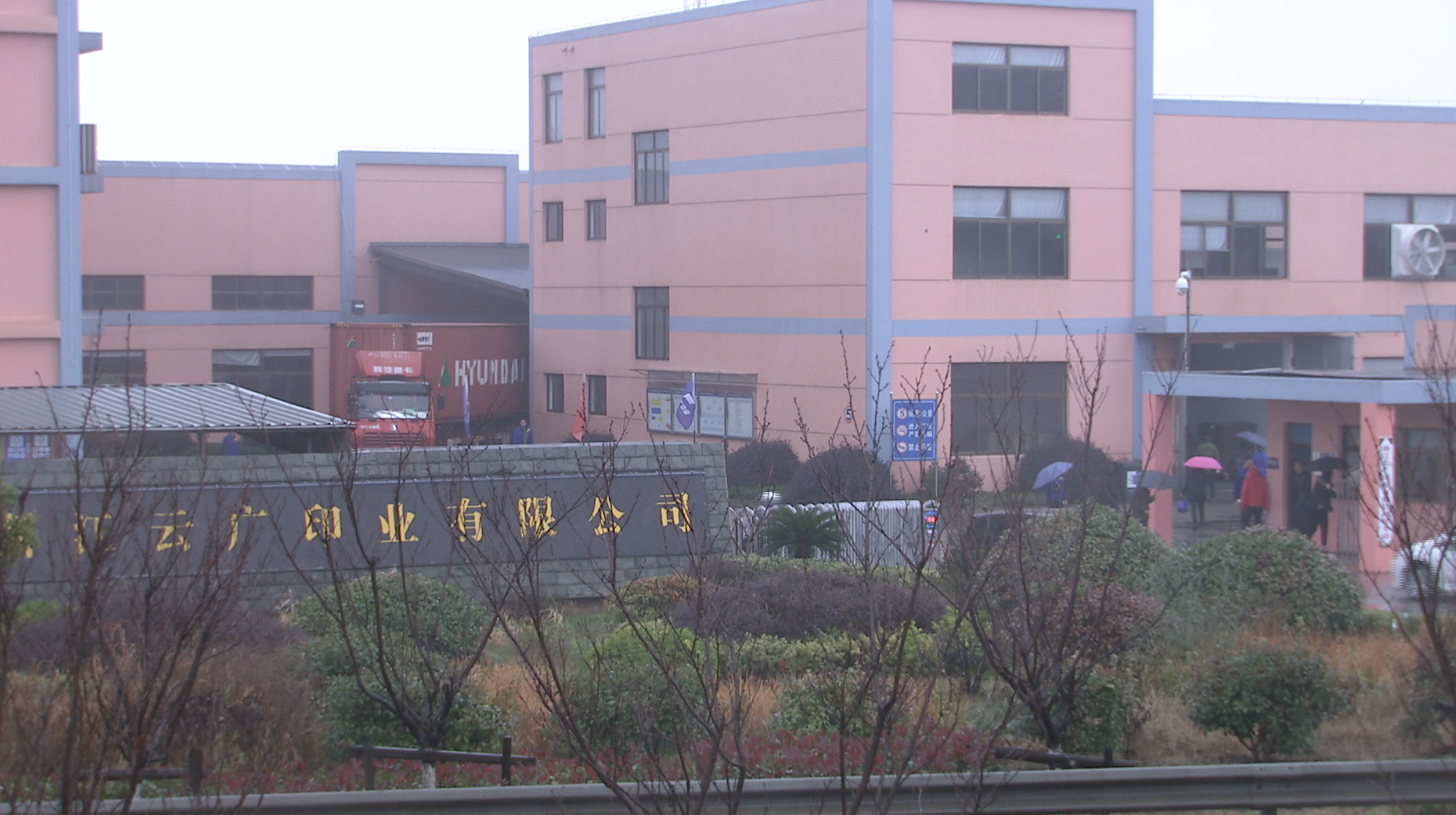On December 22, numerous western media outlets picked up a bombshell story claiming that a factory in China used foreign inmates as forced labor to make charity Christmas cards, after a London schoolgirl found a message inside one card.
The message read: "We are foreign prisoners in Shanghai Qingpu prison China. Forced to work against our will." It asked whoever sees the message to notify human rights organization, according to the story.
The allegation forced Tesco, the British multinational retailer that sold the Christmas card, to withdraw the cards from sale. But it turned out to be wrongfully targeted and not substantiated with facts when CGTN contacted Zhejiang Yunguang Printing Company, the factory at the center of the allegation, and prison warden at Shanghai Qingpu prison.
They showed there was no evidence of forced labor by foreign convicts inside the prison and the factory was subject to strict examination by its foreign trade clients on a yearly basis on top of random inspections.

The sign is seen outside a Tesco shop in London. /AP Photo
The sign is seen outside a Tesco shop in London. /AP Photo
At the heart of the wrongful allegations was unbalanced reporting on the part of some British media outlets. On December 22, British newspaper The Sunday Times first broke the story by publishing a first-person narrative of the person who the alleged foreign prisoners wanted to get in touch with.
The piece detailed how the writer got to know about the "plea of help" from a startling message through LinkedIn. He said he does not "know the identities or nationalities of the prisoners who sneaked this note into the Tesco cards," but in a jump of logic, he claimed that he has "no doubt" that they are Qingpu prisoners who knew him.
The writer called the message "the Qingpu equivalent of a message in a bottle," though acknowledging that none of the prisoners he knew was able to write to him about their work directly. The core sources he cited who "confirmed" the allegations, were several members of an informal network of former prisoners, who were released from the prison years ago.
One piece of evidence he cited was a direct quote from an anonymous source, who purportedly was an ex-prisoner who now lives in the UK after his release from Qingpu last year. But the writer did not specify if this anonymous source had personally participated in the packing of Christmas cards for Tesco, or he has seen others doing so. All the source said was "they have been packing Christmas cards for Tesco."

Zhejiang Yunguang Printing Company is located about 150 kilometers from Shanghai. /CGTN Photo
Zhejiang Yunguang Printing Company is located about 150 kilometers from Shanghai. /CGTN Photo
The piece was unable to get a quote from any single source from China to comment on the story. It did not say if the writer tried to get in touch with Zhejiang Yunguang Printing Company, or Shanghai Qingpu prison.
The piece did nonetheless quote a response from Tesco which confirms that it has "a comprehensive auditing system in place." Tesco said that the supplier, in this case, Zhejiang Yunguang Printing Company, was independently audited as recently as last month and no evidence was found to suggest they had broken the rule banning the use of prison labor.
This incident of false reporting shows how some western media, due to their eagerness to jump on the bandwagon of China-bashing, may lead to wrongful allegation and news pieces that fail to live up to journalistic standards. In a recent piece, Bloomberg detailed how once unsubstantiated claims about the protests in Hong Kong started spreading on social media, they became hard to contain.
Not long ago, a self-proclaimed Chinese spy who claimed he had insider information of Chinese intelligence operation turned out to be a scam. During a press conference at the Chinese Foreign Ministry, a CNN reporter asked the spokesperson to explain why Chinese, despite the great progress China has achieved in the past 70 years with the People's Republic of China, risked being trafficked to the U.K., forwarding an unsubstantiated claim that the victims of the Essex truck deaths were Chinese.
It was most unfortunate when one British media outlet failed to live up to its editorial standard, and when other western news outlets chose to amplify this voice without launching their own investigations.